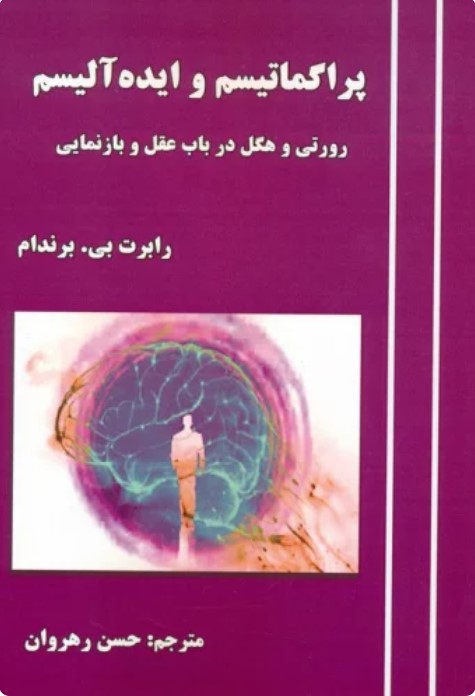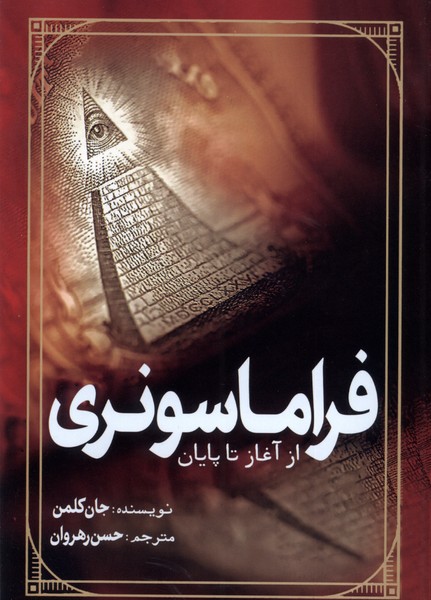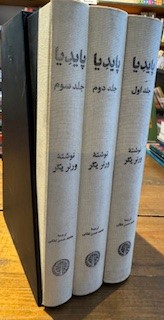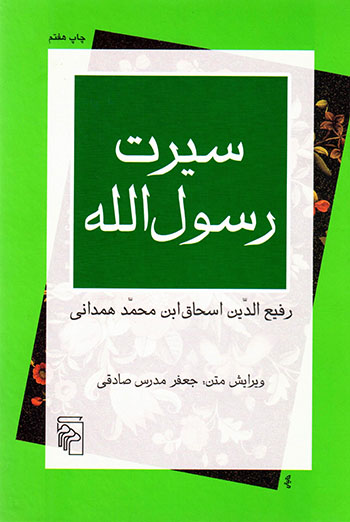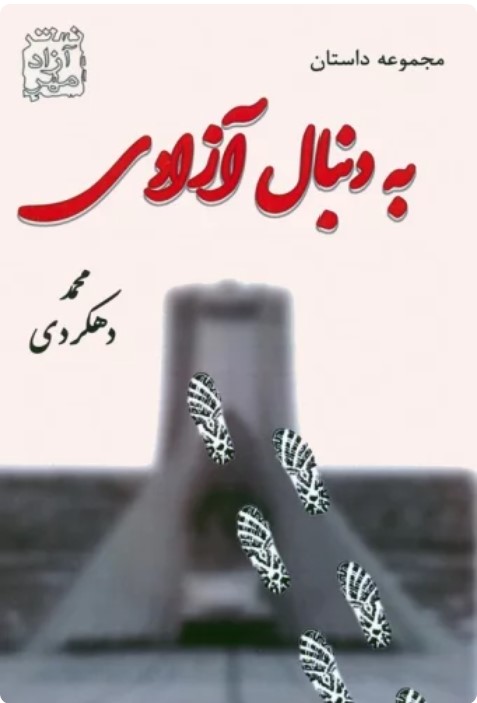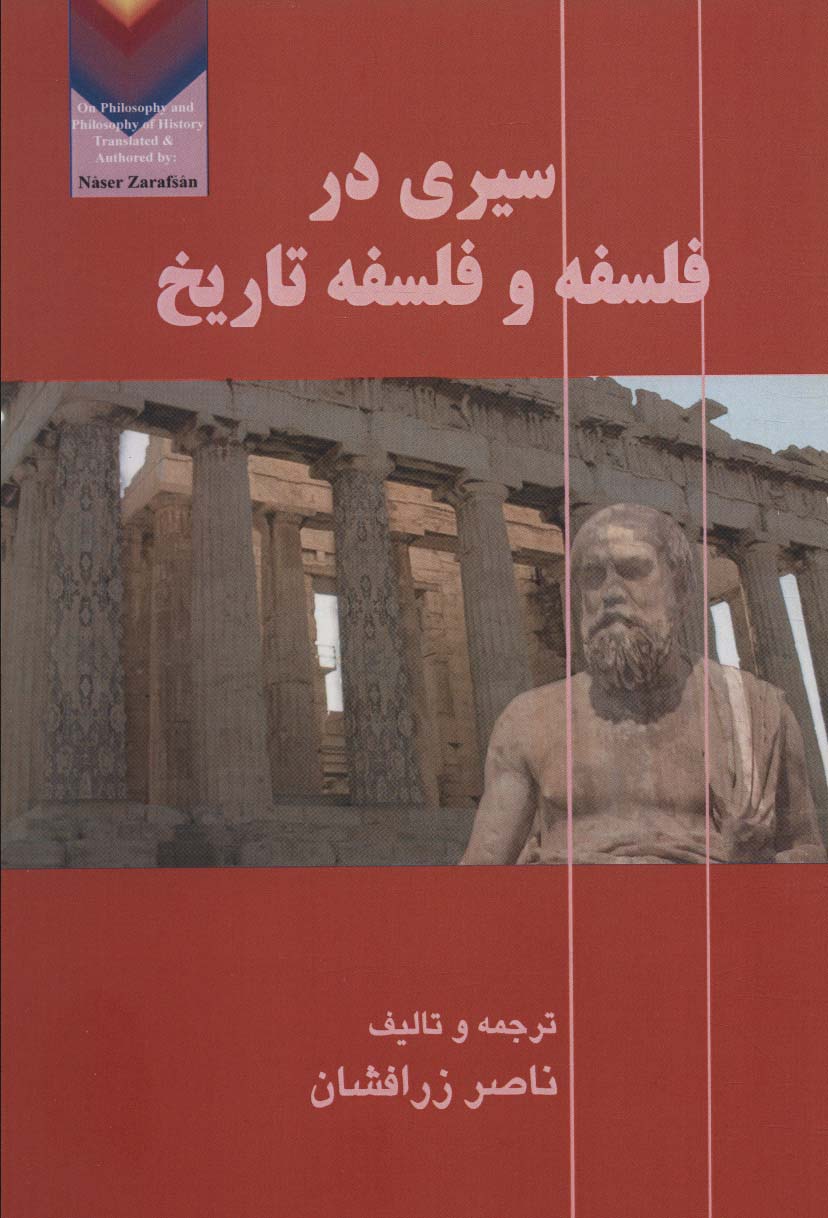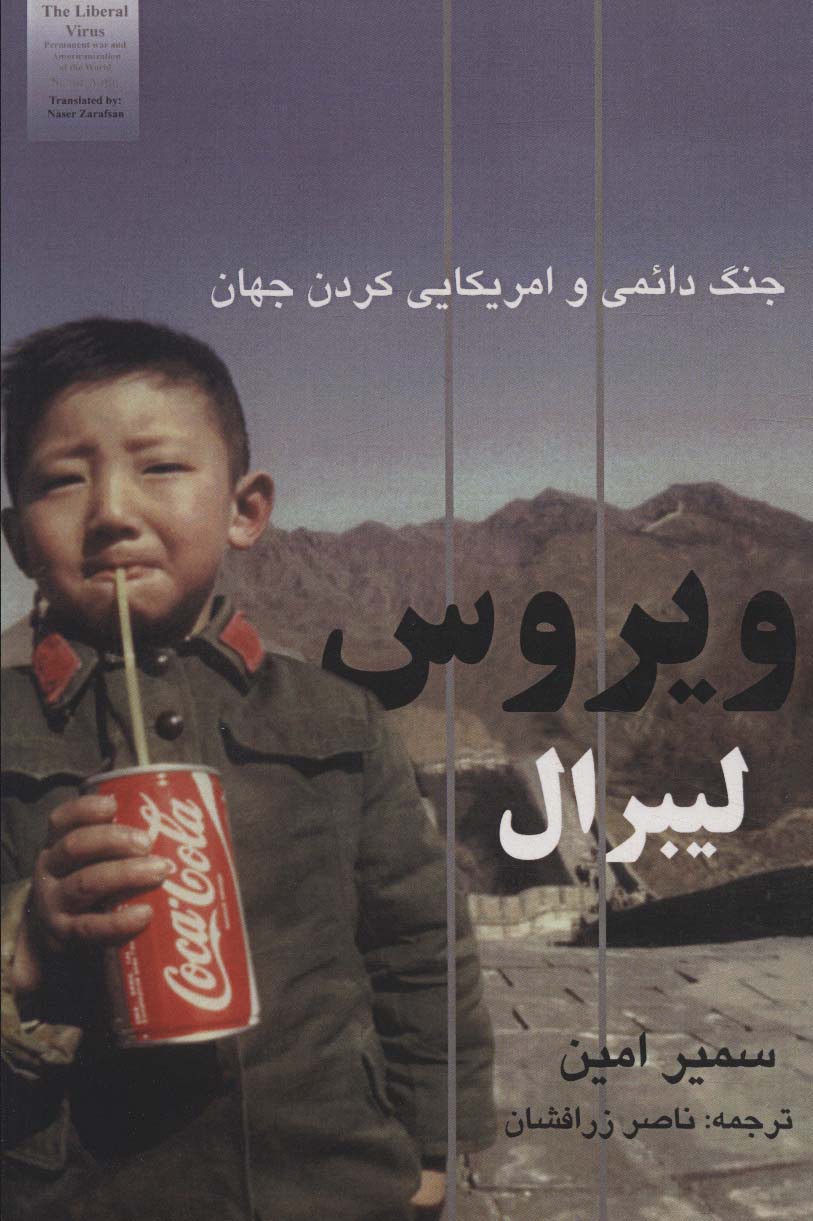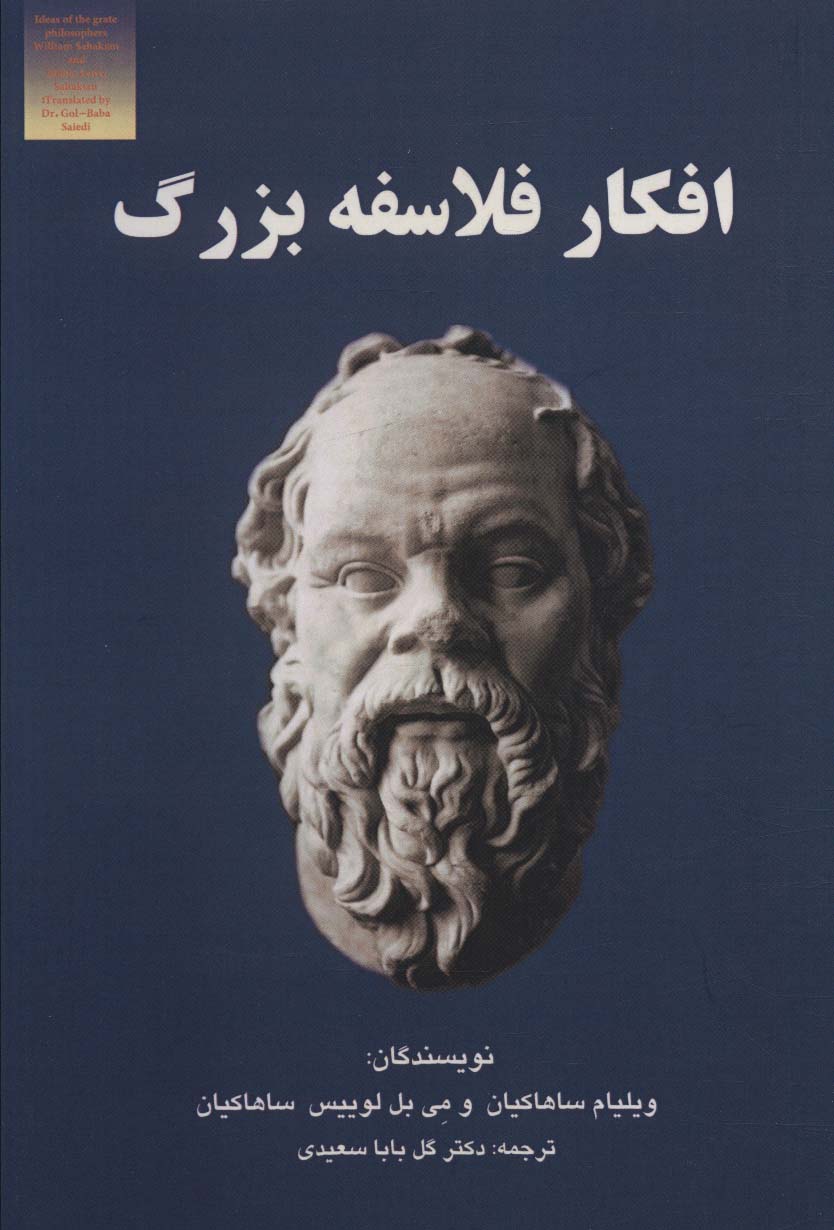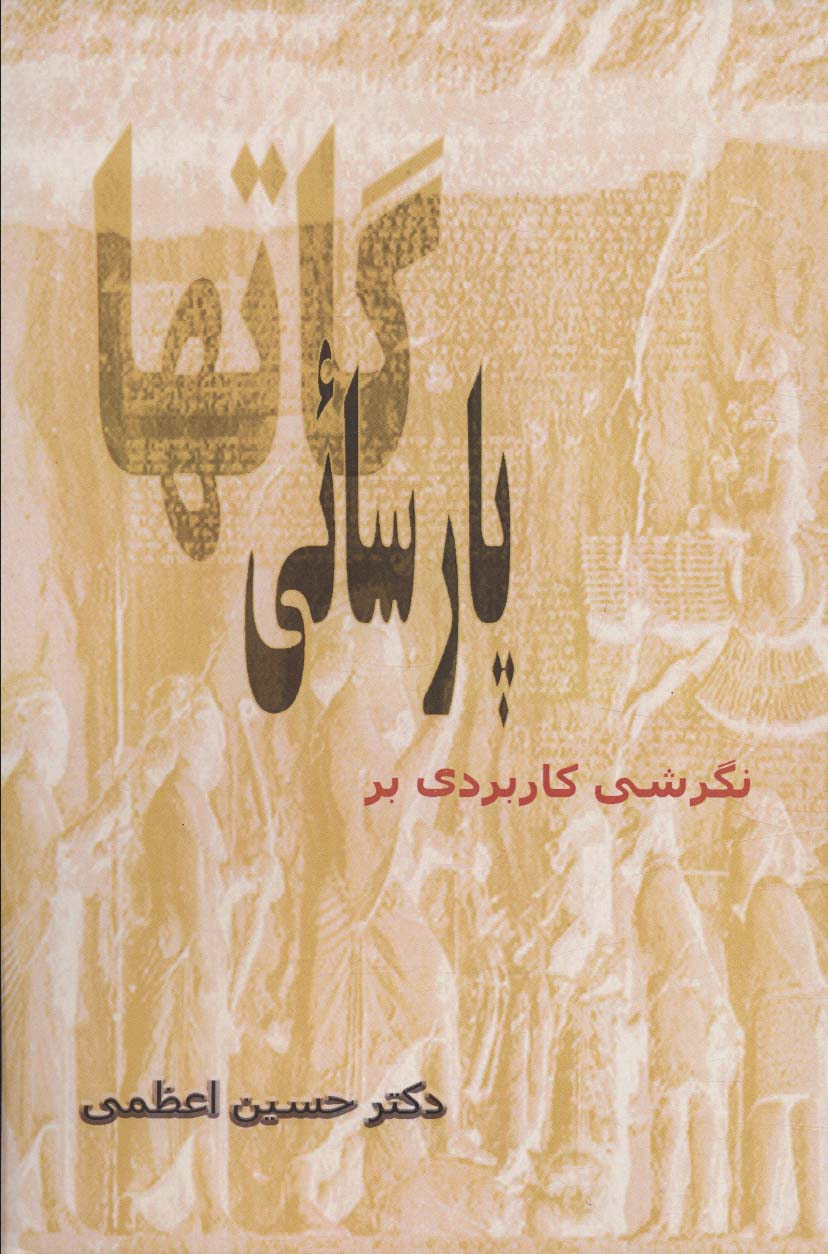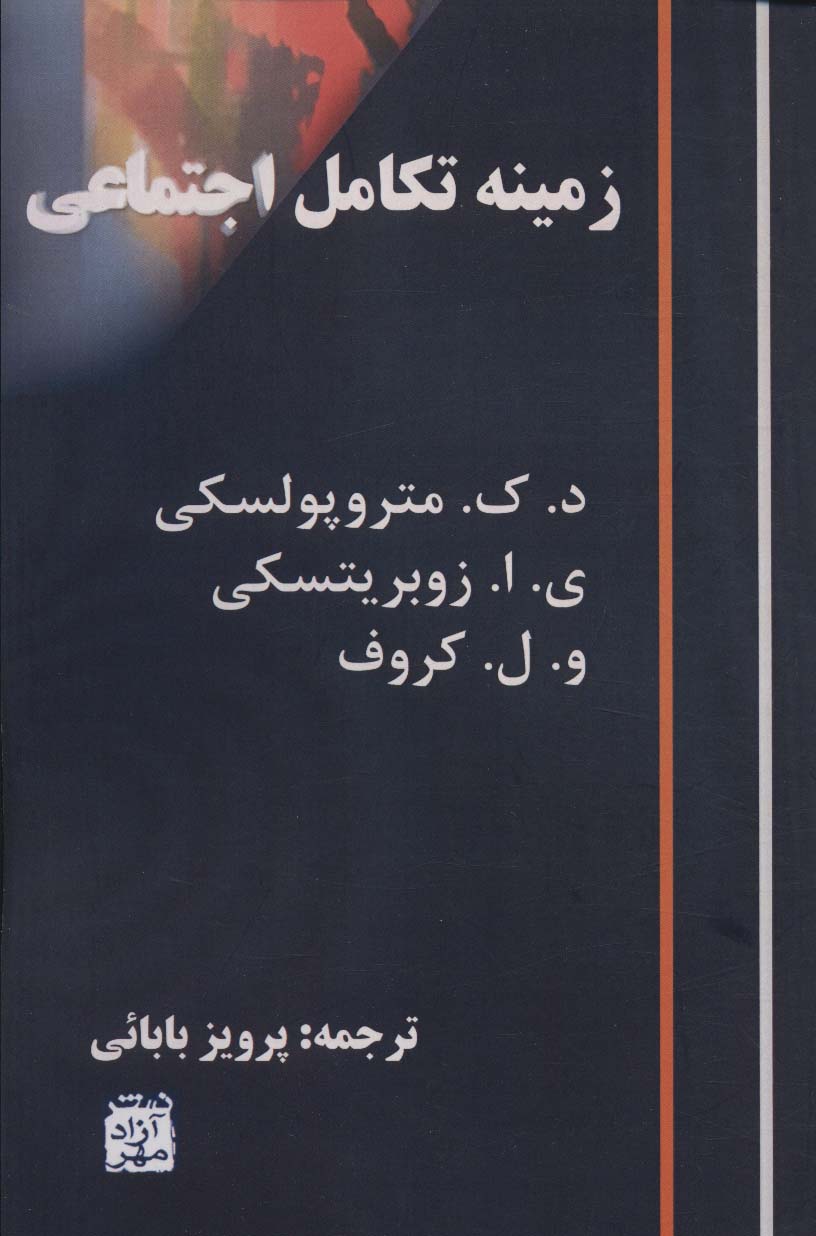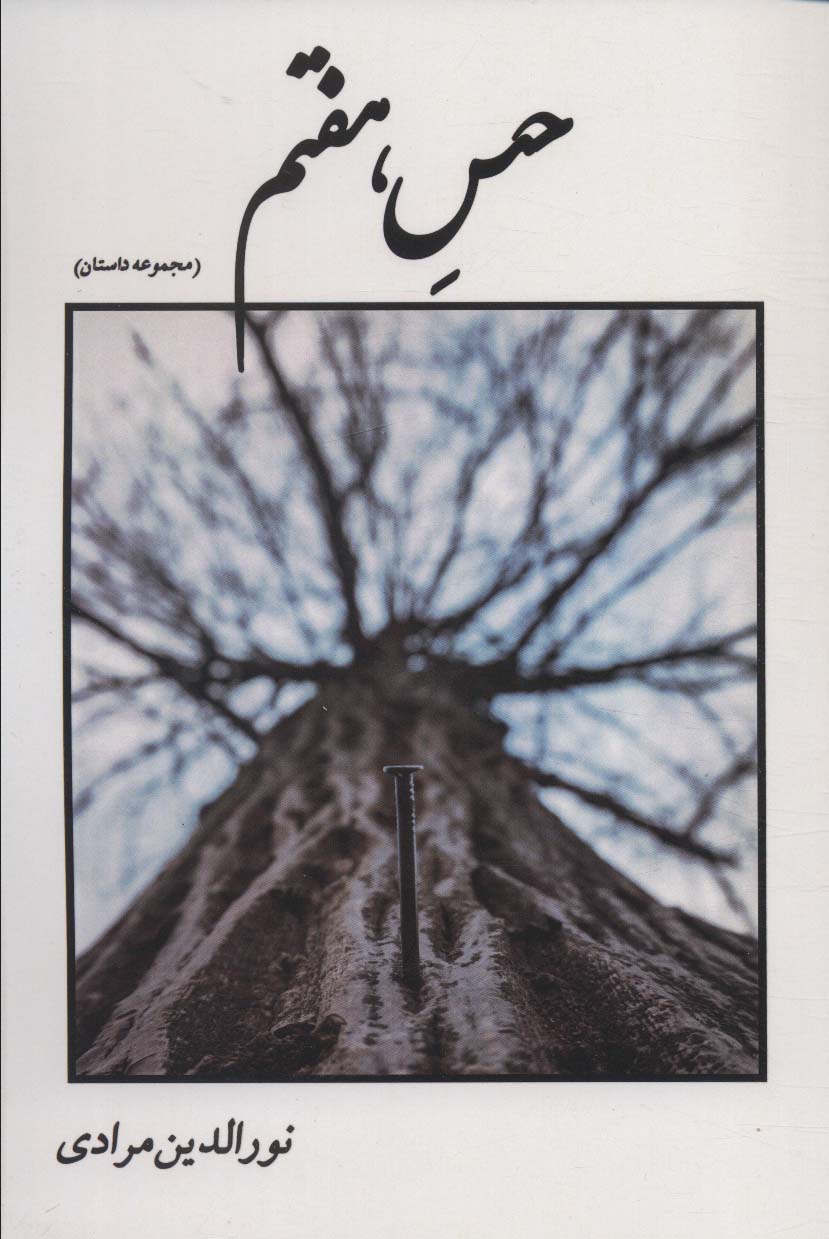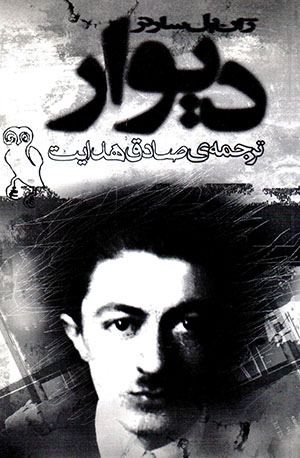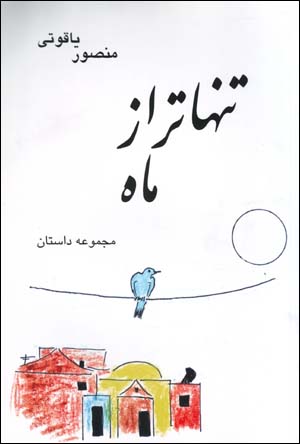Pirāgmātīsm va Idah'ālīsm: Rurtī va Higil dar Bāb-i 'Aql va Bāz'namāyī: Persian 2024
پراگماتیسم و ایدهآلیسم: رورتی و هگل در باب عقل و بازنمایی
15.60 $
Share
Wishlist
Original Title:
Pragmatism and Idealism: Rorty and Hegel on Representation and Reality
ISBN:
9786227883367
Translator:
Ḥasan Rahruvān
Publisher:
Azadmihr
Age Group:
Adult
Pages:
158
Weight:
192 g
Dimensions:
14 x 21 x 1.4 cm
Book Cover:
Paperback
In this short book, based upon his Spinoza Lectures at the University of Amsterdam, Robert B. Brandom offers a pragmatist approach to representation and reality, drawing on Richard Rorty and Hegel.
During the last decade of his life, Rorty emphasized the anti-authoritarian credentials of his pragmatism. He saw pragmatism as the fighting faith of a second phase of the Enlightenment. The first stage, as Rorty construed it, concerned our emancipation from nonhuman authority in practical issues of what we ought to do and how things ought to be. The envisaged second stage addresses rather our emancipation from nonhuman authority in theoretical matters.
Brandom shows how pragmatism moves beyond the traditional model of reality as authoritative over our cognitive representations of it in language and thought, to a new conception of how discursive practices help us cope with the vicissitudes of life. Hegel anticipates the challenge to the very idea of objective reality as providing norms for thought which Rorty believed required us to enact a second phase of the Enlightenment. Unlike Rorty, Hegel presents a detailed, constructive, anti-authoritarian, non-fetishistic, social pragmatist account of the symbolic dimension of conceptual content. At its heart is an account of the social dimension of discursive normativity in terms of reciprocal recognition, and an account of the historical dimension of discursive normativity in terms of a distinctive new conception of the recollective rationality that turns a past into a tradition. His idealism thereby offers a concrete pragmatist alternative to Rorty's global semantic and
epistemological anti-representationalism.
more
رابرت بی براندوم در این کتاب کوتاه که بر اساس سخنرانیهای اسپینوزا در دانشگاه آمستردام است، رویکردی عملگرایانه به بازنمایی و واقعیت ارائه میکند که از ریچارد رورتی و هگل استفاده میکند.
رورتی در دهه آخر زندگی خود بر اعتبار ضد استبدادی عملگرایی خود تأکید کرد. او عملگرایی را به عنوان ایمان مبارز مرحله دوم روشنگری دید. مرحله اول، همانطور که رورتی آن را تعبیر کرد، مربوط به رهایی ما از اقتدار غیرانسانی در مسائل عملی بود که باید انجام دهیم و کارها چگونه باید باشند. مرحله دوم پیش بینی شده بیشتر به رهایی ما از اقتدار غیرانسانی در مسائل نظری می پردازد.
براندوم نشان میدهد که چگونه پراگماتیسم از مدل سنتی واقعیت فراتر میرود، زیرا بر بازنماییهای شناختی ما از آن در زبان و اندیشه معتبر است، به مفهوم جدیدی از اینکه چگونه شیوههای گفتمانی به ما کمک میکنند تا با فراز و نشیبهای زندگی کنار بیاییم. هگل چالش با ایده واقعیت عینی را به عنوان ارائه هنجارهایی برای تفکر پیش بینی می کند که رورتی معتقد بود ما را ملزم به اجرای مرحله دوم روشنگری می کند. برخلاف رورتی، هگل گزارشی جزئی، سازنده، ضد استبدادی، غیر فتیشیستی و عملگرایانه اجتماعی از بعد بازنمایی محتوای مفهومی ارائه می دهد. در قلب آن گزارشی از بعد اجتماعی هنجارگرایی گفتمانی از نظر شناخت متقابل، و گزارشی از بعد تاریخی هنجارگرایی گفتمانی در قالب یک برداشت جدید متمایز از عقلانیت جمعی است که گذشته را به سنت تبدیل می کند. آرمانگرایی او بدلیل عملگرایانه مشخصی را برای معناشناسی جهانی رورتی ارائه میکند
ضد بازنمایی معرفتی
more

